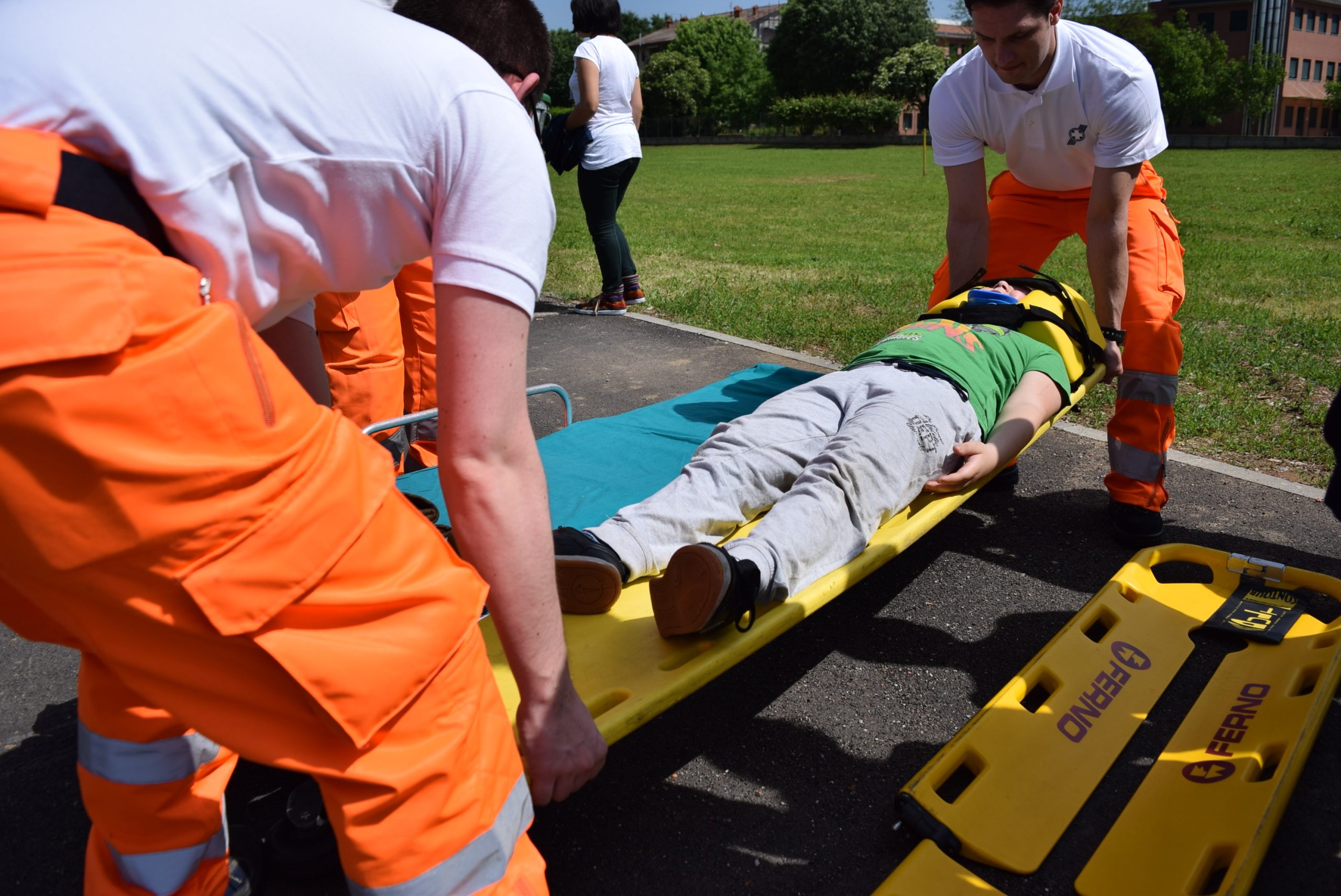 Employees are often exposed to stressful situations while at work, whether from unhelpful coworkers or understaffing. Under what circumstances are resulting mental injuries entitled to workers’ compensation?
Employees are often exposed to stressful situations while at work, whether from unhelpful coworkers or understaffing. Under what circumstances are resulting mental injuries entitled to workers’ compensation?
Diedre Emerson worked for Willis Knighton Medical Center as a certified nurse assistant on the cancer floor. One day, she arrived at work for her regular night shift. She found the prior shift had not completed a lot of their work, so she would have to do additional work. When she learned this, she became upset and mad. She said this was more of the same old behavior.
While working that day, she indicated that she felt something pop in her head but admitted nothing physically happened to cause the pop. After completing her shift, she went to the emergency room. The medical records from the visit did not show she complained about weakness on one side of her body or other neurological symptoms. Her primary complaint was hyperventilation and nervousness. Emerson was subsequently late in calling Willis Knighton to tell them she would not be able to work her shift. She was fired.
 Insurance Dispute Lawyer Blog
Insurance Dispute Lawyer Blog


 Medical testimony is an essential part of determining whether an injured worker has a valid claim. What happens if the doctors’ diagnoses conflict and they reach different conclusions about whether an injured worker can return to work?
Medical testimony is an essential part of determining whether an injured worker has a valid claim. What happens if the doctors’ diagnoses conflict and they reach different conclusions about whether an injured worker can return to work? It is common to borrow a car from a family member or friend. If you are unfortunately involved in an accident while driving a borrowed car, who is liable for damages if the accident results from inadequate maintenance?
It is common to borrow a car from a family member or friend. If you are unfortunately involved in an accident while driving a borrowed car, who is liable for damages if the accident results from inadequate maintenance?  If you are injured on the job, it is best practice to inform your employer and supervisor about your injuries. They will likely inform you about possible workers’ compensation to which you might be entitled. Are you still eligible to receive workers’ compensation benefits if you tried to hide your injury from your employer?
If you are injured on the job, it is best practice to inform your employer and supervisor about your injuries. They will likely inform you about possible workers’ compensation to which you might be entitled. Are you still eligible to receive workers’ compensation benefits if you tried to hide your injury from your employer? Even while an inmate, you are still entitled to damages if you are injured on the job. If you are injured while working in a release program, are you entitled to compensation through the workers’ compensation scheme?
Even while an inmate, you are still entitled to damages if you are injured on the job. If you are injured while working in a release program, are you entitled to compensation through the workers’ compensation scheme?  Under Louisiana law, there is a presumption the driver of a car that rear-ends another car acted negligently. However, this presumption of negligence can be overcome in certain situations, such as if the driver of the vehicle that was rear-end shifted lanes soon before the accident.
Under Louisiana law, there is a presumption the driver of a car that rear-ends another car acted negligently. However, this presumption of negligence can be overcome in certain situations, such as if the driver of the vehicle that was rear-end shifted lanes soon before the accident. The distinction between independent contractors and employees has always been something of a balancing test. This distinction becomes vital in workers’ compensation issues, where employees generally enjoy peace of mind with workers’ compensation in the event of an injury, whereas independent contractors usually do not. But are there some cases where an independent contractor can collect workers’ compensation benefits? The answer to this question is illustrated in the following appeal from the New Orleans Office of Workers’ Compensation.
The distinction between independent contractors and employees has always been something of a balancing test. This distinction becomes vital in workers’ compensation issues, where employees generally enjoy peace of mind with workers’ compensation in the event of an injury, whereas independent contractors usually do not. But are there some cases where an independent contractor can collect workers’ compensation benefits? The answer to this question is illustrated in the following appeal from the New Orleans Office of Workers’ Compensation. No one should have to deal with sexual harassment in the workplace. If you are dealing with sexual harassment at work and you report it to your employer, you hope they will act on your report. How do actions taken by your employer affect your ability to recover for sexual harassment in court?
No one should have to deal with sexual harassment in the workplace. If you are dealing with sexual harassment at work and you report it to your employer, you hope they will act on your report. How do actions taken by your employer affect your ability to recover for sexual harassment in court? We have all heard the saying “time is of the essence.” This is especially true when you are filing a lawsuit. If you do not comply with the statutory requirements for how long you have to file a lawsuit, a court will be unable to hear your claim. Although certain exceptions apply that extend your timeline for filing a lawsuit, there are strict evidentiary requirements for these exceptions to apply.
We have all heard the saying “time is of the essence.” This is especially true when you are filing a lawsuit. If you do not comply with the statutory requirements for how long you have to file a lawsuit, a court will be unable to hear your claim. Although certain exceptions apply that extend your timeline for filing a lawsuit, there are strict evidentiary requirements for these exceptions to apply.  In the heart of Lafayette Parish, Louisiana, tragedy struck on Interstate 10 as a routine drive turned fatal. Arthur Huguley, behind the wheel of a tractor-trailer for AAA Cooper Transportation, found himself in a situation that would forever alter the lives of those involved. A blown-out tire, a series of events, and a wrongful death lawsuit brought forth by Curley Mouton’s surviving family members set the stage for a courtroom drama that unfolded with unexpected twists. In the end, a jury assigned fault, but the defendants, Huguley, AAA Cooper, and their insurer, were not ready to accept the verdict without a fight. This article explores the intricacies of their appeal, shedding light on the compelling arguments presented and the complexities of apportioning fault in a tragic accident.
In the heart of Lafayette Parish, Louisiana, tragedy struck on Interstate 10 as a routine drive turned fatal. Arthur Huguley, behind the wheel of a tractor-trailer for AAA Cooper Transportation, found himself in a situation that would forever alter the lives of those involved. A blown-out tire, a series of events, and a wrongful death lawsuit brought forth by Curley Mouton’s surviving family members set the stage for a courtroom drama that unfolded with unexpected twists. In the end, a jury assigned fault, but the defendants, Huguley, AAA Cooper, and their insurer, were not ready to accept the verdict without a fight. This article explores the intricacies of their appeal, shedding light on the compelling arguments presented and the complexities of apportioning fault in a tragic accident.